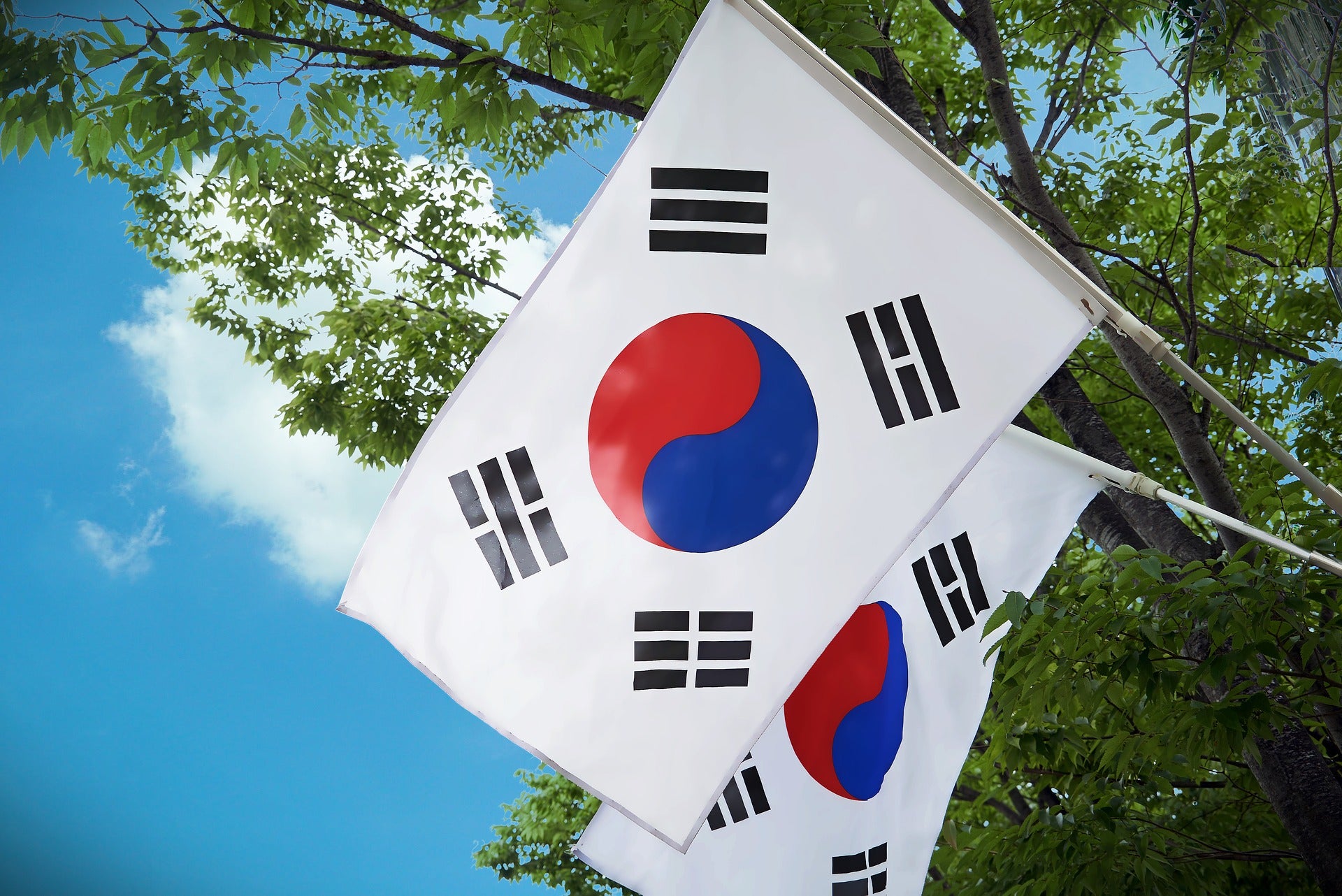It's highly possible your travels may one day take you to the majestic land of Korea. Not North Korea, of course -- between political embargos and the potential nightmares that await any foreigner who dares venture there, not too many will be touring North Korea anytime soon.
South Korea, on the other hand, is an extremely welcoming and beautiful destination for anyone who wishes to visit. That is, of course, if you prepare yourself to converse with the locals beforehand. The more you understand the local dialect, the easier and more fun-filled your trip to Korea will be.
Of course, with Jarvisen on hand, you'll always be ready to translate what your newfound Korean friends say. Even still, it's good to know some basic, common words and phrases by heart, so you can immediately establish yourself as someone who took time to understand those around you. Jarvisen will help for other matters, like sports debates or deciphering what Korean pop stars are singing in their latest hits.
Languages

You don't need Captain Obvious to tell you that in South Korea, the people mostly speak Korean. Of all the languages you'll hear there, that's easily the most dominant.
But it's not the only one. Along with Korean, expect to hear some Chinese and Japanese, due to the number of tourists from those nearby nations. Luckily, the country speaks a fair amount of English too, so occasionally you'll catch a nice break from all that translation.
Phrases

But for the most part, you'll hear and speak Korean. Here are some words and phrases you're most likely to hear while traversing the countryside:
Whenever you greet someone, say annyeonghaseyo (안녕하세요), which means "hello."
When it comes time to part ways with your newfound friend, depart with a heartfelt annyeong (안녕) or "goodbye."
If you need to request something from someone, be polite about it and ask them juseypo (주세요), meaning "please."
Should they give you what you need -- or even if they don't, but attempt to -- show your gratitude with kamsahamnida (감사합니다), or "thank you."
If you wish to greet someone with something more formal than a mere "hello," consider Bangapsumnida (반갑습니다), which is "nice to meet you."
Then, make sure to ask the following phrase: Bap meogeoseoyo? (밥 먹었어요?). This means "How are you?", though its literal meaning is "did you eat rice?" This isn't some crazy mistranslation, but a sign of the South Korean culture. Food is huge over there -- particularly rice -- and asking if someone ate the stuff is akin to asking how they're doing. If they ate, they likely are doing well.
Speaking of which, that's how you reply: by saying nae, meogeoseoyo (네, 먹었어요), which literally means "Yes, I ate." For our purposes, this essentially means "I'm doing well," and saying this will make most any Korean's day.
Moving away from food for a bit, say Jamshimanyo (잠시만요), or "Excuse me" when you need to get someone's attention.
If something happened and you must apologize, do so with joesong haeyo (죄송 해요), or "I’m sorry."
Need to go somewhere? Ask eodiyeyo…? (어디예요…?), or "where is the…?" You'll need your Jarvisen for each location, but since we all need to use the bathroom at some point, you should know that one immediately: hwajangsil (화장실).
Let's wrap this up with more food. At mealtime, expect to hear (and expect to say) manhee deuseyo (많이 드세요), or "have a great meal."
The polite response to this is to say jal meokgesseumnida (잘 먹겠습니다), which means "I will eat well." This extremely polite and honorable phrase is essentially saying "Because of you and your hard work in the kitchen, I am about to eat a lot and enjoy it all, so thank you."
Finally, once the meal is through, address the host with jal meogeosseumnida (잘 먹었습니다). This means, "the meal was good," but more importantly serves as a polite thank-you to your host (or waiter) for blessing you with such delicious cuisine.


Share:
Dominant Languages in 10 Popular Vacation Destinations
Languages and Phrases You Must Know Before Visiting Japan